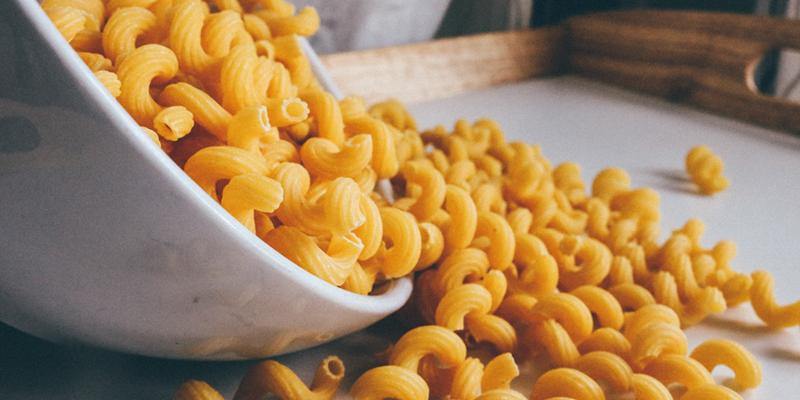The Art of Carbohydrate Loading

To many people, running is synonymous with pastas, breads, and other carbohydrate laden foods. After all, runners must carbohydrate load all the time, right? While carbohydrate loading is extremely important, especially for high-mileage runners or those planning to run a marathon, there are many myths regarding the carb-loading period. Listed below are important tips on the process.
Carbohydrate loading should begin 72 hours before race day. Contrary to popular belief, carb-loading does not need to occur during the entire taper period. The body can only store approximately 2,000 calories of carbohydrates, which makes three days an optimal amount of time.
Athletes should aim to take in 8–10 grams of carbohydrates per kilogram of body weight. This means that a 150 lb runner should eat 545–680 grams of carbohydrates per day.
Meals should be limited to 800 calories. The body can only efficiently store a limited amount of glycogen at a time, so eating meals beyond 800 calories will lead to wasted carbohydrates in your system.
Fat intake should be decreased during carbohydrate loading. Fat inhibits the conversion of glycogen into glucose, so in the final days of carbohydrate loading (especially the night before competition), fat consumption should be reduced to 0–5% of your caloric intake.
Wholesome carbohydrates are important. Avoid refined carbohydrates such as white rice, cookies, cakes, and other simple carbohydrate sources on days 1 and 2 of your carbohydrate loading.
Keep it simple the night before the race. However, complex carbohydrates contain more fiber than refined versions, so the night before your race you should stick to white bread, white rice, white pasta, or even sugary hard candy.
Do not fret about weight gain. For every gram of carbohydrate that you consume, your body will store 3–4 grams of water. Do not worry if you gain 1–2 lbs during your carbohydrate loading period, as this additional water weight will actually provide beneficial hydration during the race.
Continue with carbohydrates on race day and throughout the race. The breakfast you consume on race day and the nutrition you take during the race are perhaps the most important components of carbohydrate loading. Aim to eat a carbohydrate-heavy breakfast, such as a bagel with fruit or oatmeal with honey, 3–4 hours before the race. During the competition, take in 20–60 grams of carbohydrates per hour of running.

Leave a comment